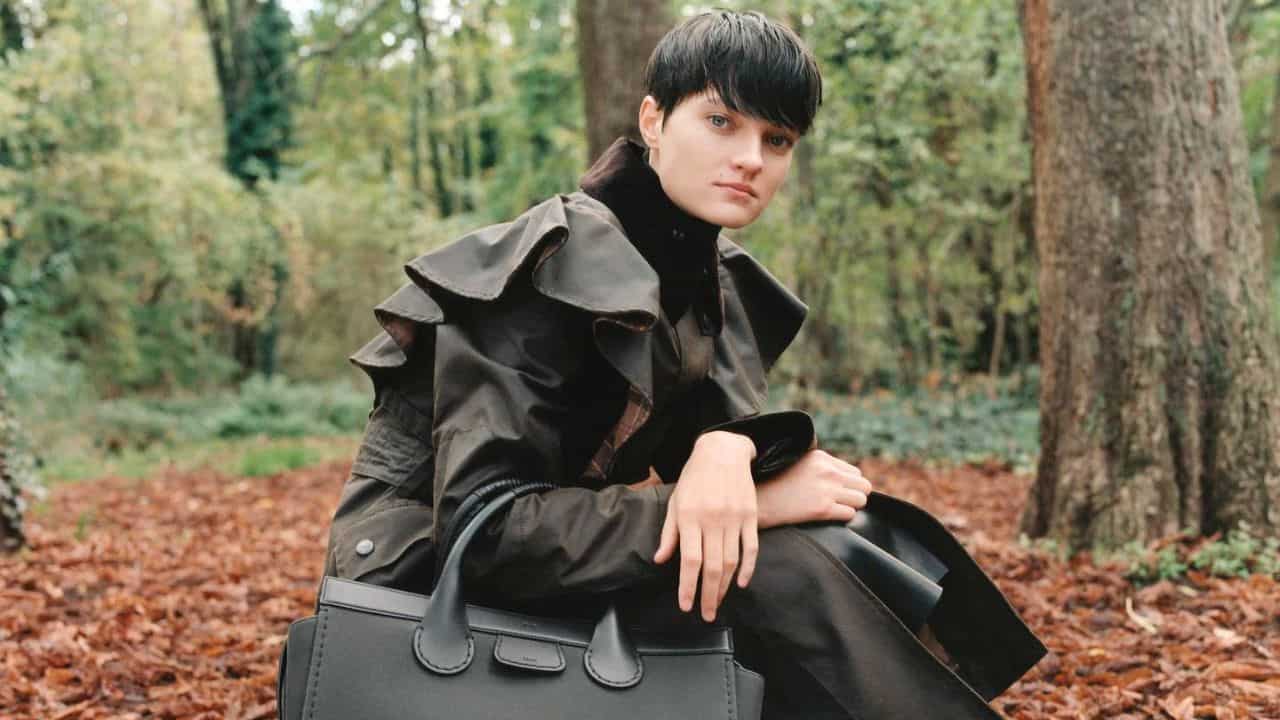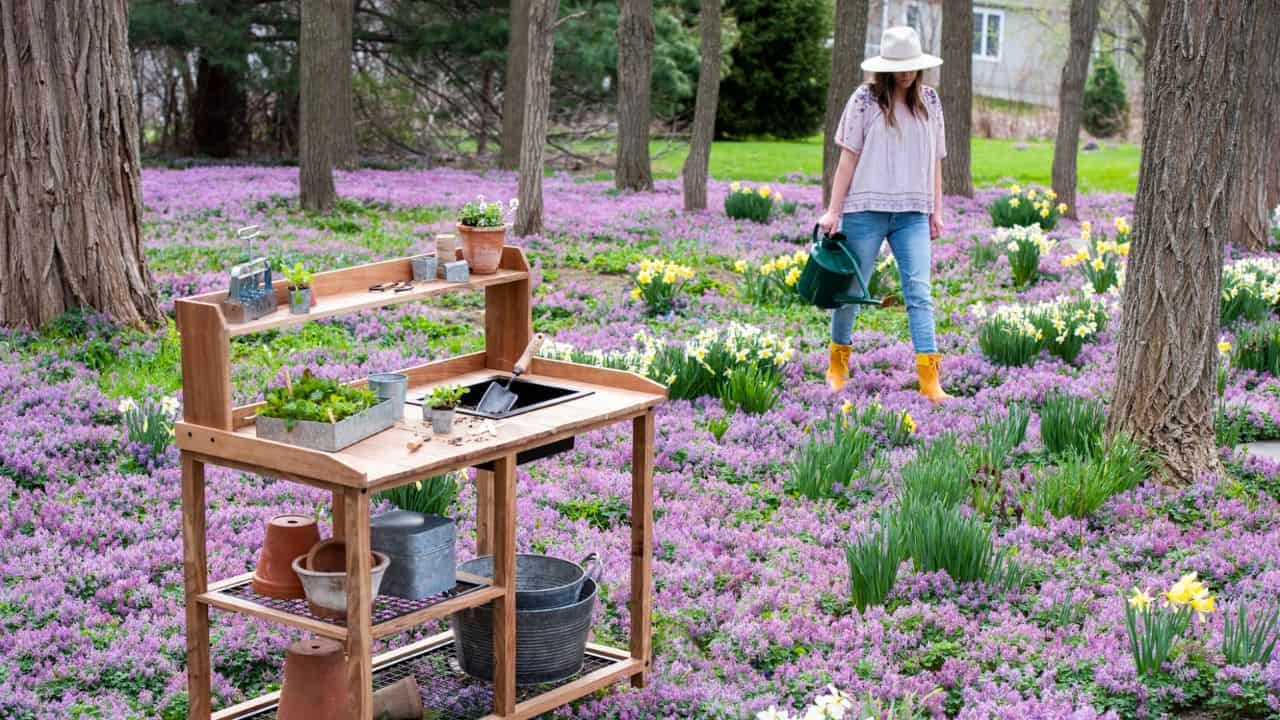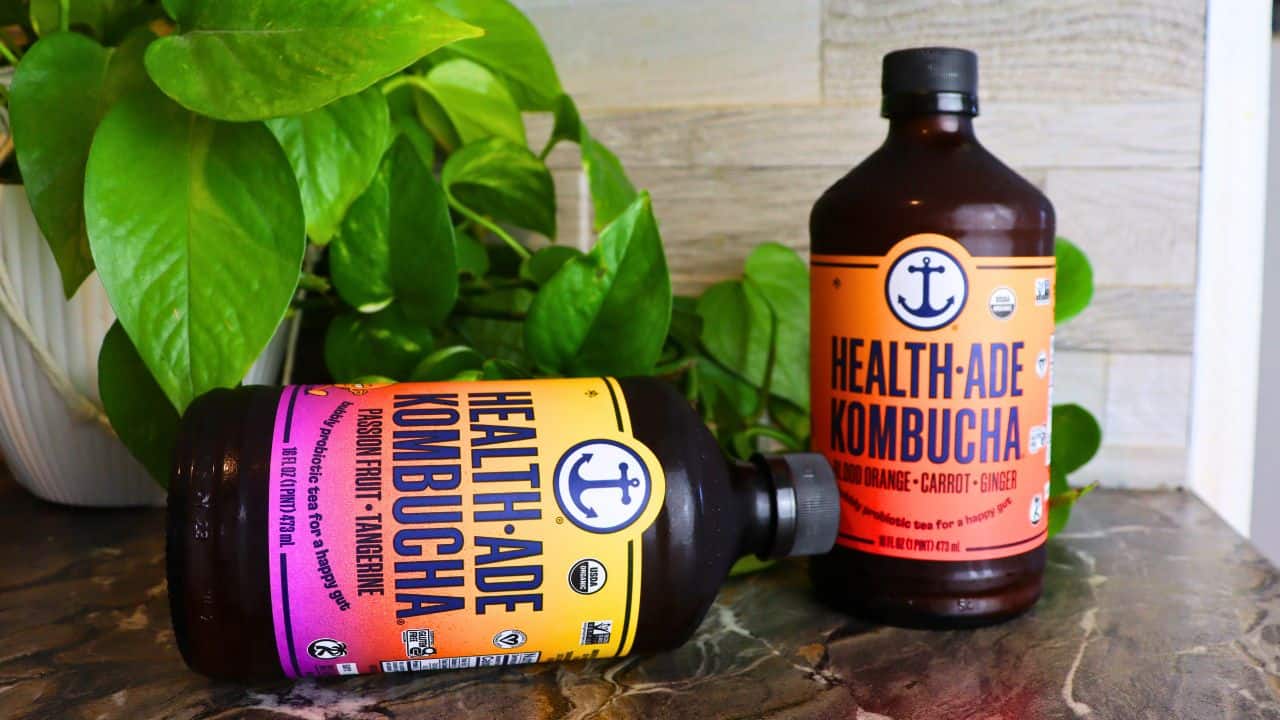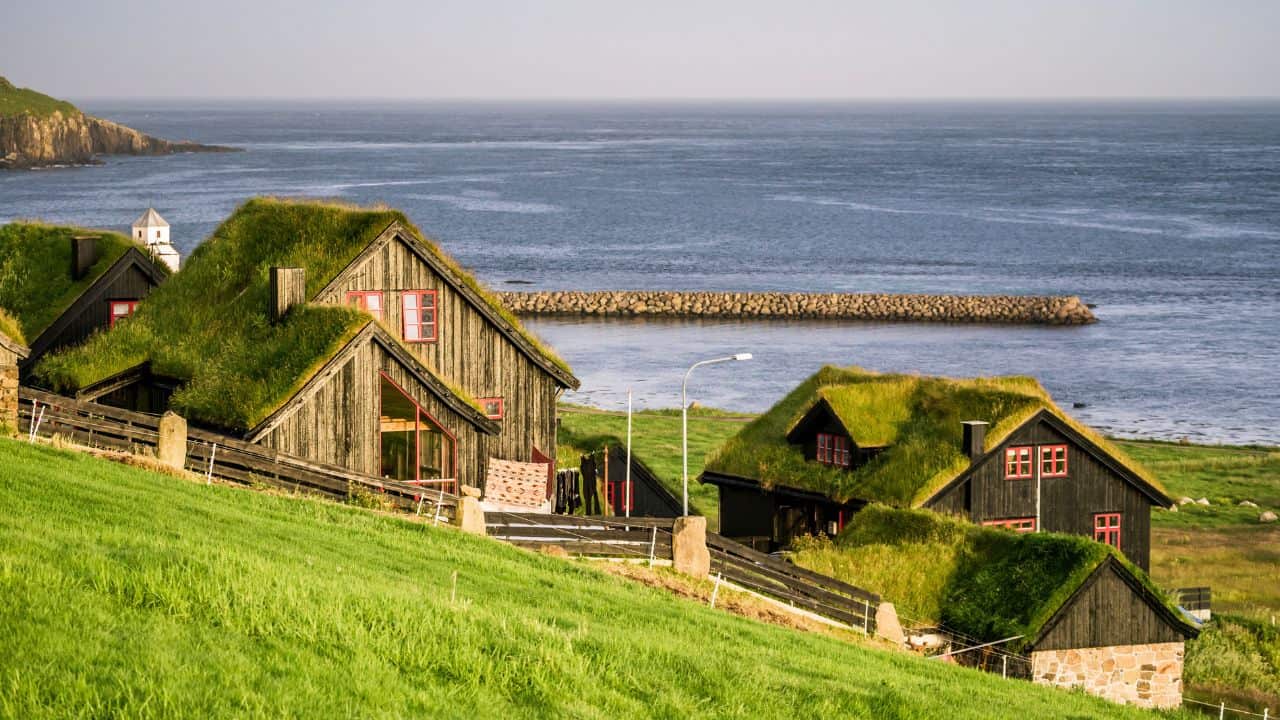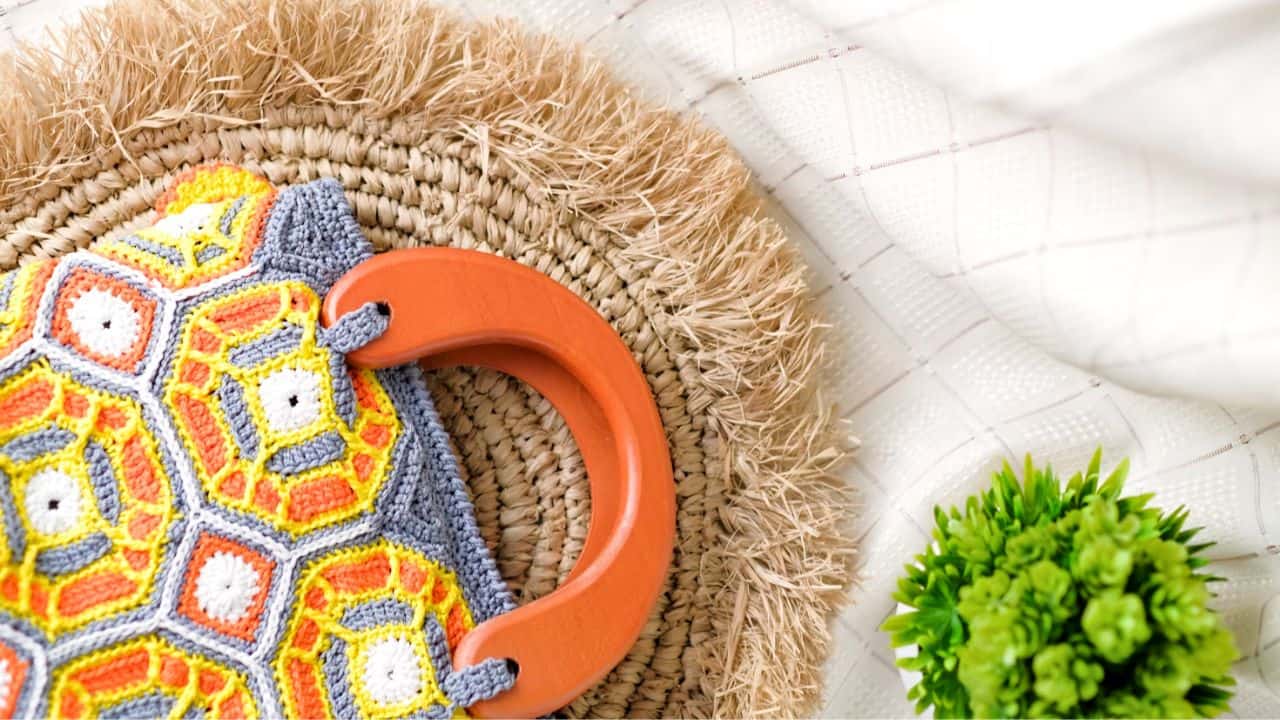The Award honors the innovation and creativity in sustainable design in four categories, with a gold, silver and bronze in each. In this first year of the Beyond Plastic awards, over 7000 Euros was given away in prize money.
I. Most practical impact to reduce the use of plastics
2. Most innovative approach
3. Most beautiful solution and
4. BestInitiative in Education / Journalism / Campaigning
And the winners are…
1. Most practical impact to reduce the use of plastics
Gold: Ponto Biodesign
This project aims to create a packaging that enables the materials to flow in integrated and regenerative loops. The project consists of a collection of five different packages, each of them has three layers: the internal layer is the creamy personal care product – such as face cream. The second layer is made of solid natural soap and it serves as a container for the previous layer. Finally, the external layer – as well as the tags and strings – is made out of bacterial cellulose, can simply be glued together with water, protects the soap and contains the information of the product. The packaging system reproduces the structure of a fruit, juice – pulp – peel.
Silver: Coolpaste
Coolpaste is a new packaging solution for everyday toothpaste. Instead of using the conventional plastic tube, the Coolpaste uses impermeable cardboard – similar to the material used by the food industry. The cap of the tube is also biodegradable, made from Polylactide (PLA), a bioplastic derived from renewable resources, such as corn starch, tapioca roots, starch, or sugarcane.
Bronze: Waxy by EcoSoc
Ecosoc is a social enterprise based in Mogadishu, Somalia spearheaded by a team of young environmental conservationists who have a background in Medicine and Environmental health. In order to clean up the cities of their plastic waste, they have introduced an innovative chemical-free and energy-conserving plastic extrusion technology that recycles plastic waste.
It turns the plastic waste into environmentally friendly roof tiles, interlocking bricks, paving stones and plastic lumbers. This
reduces the need for building material manufactured from wood, helping to preserve the forests, cut down on deforestation rates and mitigation of climate change.

2. Most Innovative Approach
Gold: The Item Bag 2.0: Packaging That Dissolves!
Forget polybags. Item Bag 2.0 – a biodegradable, non-to- xic, carbon-negative storage bag made from a polymer similar to the material used to coat dishwasher/laundry tablets, that dissolves in boiling water. In seconds. You can dispose of it by dissolving it in boiling water almost instantly! The resulting solution contains mineralised biomass and non-toxic ink and can be directly poured down the sink.
The best part is that the bag is effectively carbon-negative: we offset 200% of the carbon footprint of each bag, so each one is drawing CO2 out of our atmosphere instead of adding to it.
Silver: The Shellworks
The Shellworks creates packaging for the cosmetic, beauty, fashion, and retail industries from food waste. Our first products are bottle caps, jars & pots, and secondary packaging (trays, boxes). We make these products from biopolymers that are created from food waste. Our secondary packaging products like trays and boxes are made from Chitosan, an abundant poly- saccharide found within shellfish waste.
Bronze: Plant plASTIC
Cinzia Ferrari’s PLANT plASTIC! is a fantastic packaging material that doesn’t contain any toxic ingredients and that doesn’t become waste. Instead, at the end of its use it takes a new life form by growing into a house plant.

3. Most beautiful solution
Gold: Shell Homage
Shell Homage is a biodegradable composite material out of egg and nut shells without toxic chemicals, it is completely biodegradable and can decompose when no longer in use. It can be used in several industries as product design, interior design, 3D filament consumable goods and jewelry design.
Silver: Aqua Faba Foam
Material Designer Paula Nerlich is developing a bioplastic based on aquafaba from chickpeas as part of her research into circular, compostable biomaterials. The material, which is currently under development, shows great potential for mechanical manufacturing and thus for industrial production.
Bronze: Desintegra.me
Desintegra.me intends to replace single-use plastics with a new material extracted from algae. The Spanish term “Desintegra me” implies, that it will “disappear“ after using it. Pigments are extracted from the skin of discarded fruits and vegetables.

4. Best Initiative in Education / Journalism / Campaigning
Equal Gold: Choose the Reusable Cup
“Choose the reusable cup” project started as a local community initiative in a state kindergarten in the town of Varna, Bulgaria. Sabina Maksimova, a mother of two, proposed a solution: a reusable metal cup, engraved with unique symbol for each child. Currently, the project has the ambitious task to reach parent communities across the whole country.
Equal Gold: The You Retain
Spelled as U-Retain is an environmental initiative that seeks to use plastics as purchasing power for educational basics such as
books, pencils, pens, school uniforms, school bags, school shoes and help adolescents in examinations classes pay their examination fee. The initiative also allows streets kids and the less privileged to buy some light food stuffs and sanitary pads using plastics.
Silver: BIOMATERIALS: A new Cultural Statement
LABVA is essentially an independent and self-managed community laboratory and kitchen, where common people cook up and grow biomaterials and research local and circular economies. LABVA aims to bring science closer to the community, focusing especially on new materials or open biomaterials and creating a culture around this new materialities
Bronze: Dopper Changemaker Challenge Junior
Dopper, a Dutch Social Enterprise selling reusable water bottles, is on a mission towards a world with crystal clear water in every ocean and from every tap. Therefore, they launch initiatives like the Dopper Changemaker Challenge Junior, which is an international competition for children aged 8 to 12 that challenges them to develop solutions to single-use plastic pollution in our oceans.
What do you think? Have you been inspired? Let us know in the comments below.




